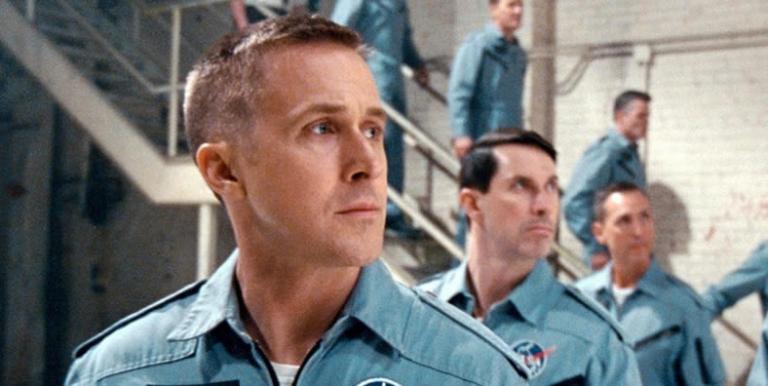
The real Neil Armstrong didn’t like to be pinned down, on earth or in heaven.
First Man depicts the astronaut as an incredibly private man, and indeed he was. Both political parties wooed the American hero, but Armstrong refused to get into politics. He didn’t talk much about himself—even, as the Associated Press notes (and the movie illustrates), to his family.
The movie makes only the smallest of nods toward faith (his daughter is buried in a Christian funeral), and the real astronaut’s religious views have long been a matter of speculation. Though raised in a very religious home, the closest Armstrong ever got to declaring his own view of God was in the 1950s, when he called himself a “deist” in an application to be a Boy Scout leader. When Buzz Aldrin apparently performed a Christian communion ceremony on the moon before he and Armstrong stepped outside, Armstrong respectfully looked on but did not participate. And when rumor circulated that Armstrong had heard the Islamic call to prayer on the moon and, as a result, became a Muslim, Armstrong denied any such experience. “While stressing his strong desire not to offend anyone or show disrespect for any religion, Armstrong has advised the Department of State that reports of his conversion to Islam are inaccurate,” in a state department missive.
But First Man still has something to say about the nature of faith.













